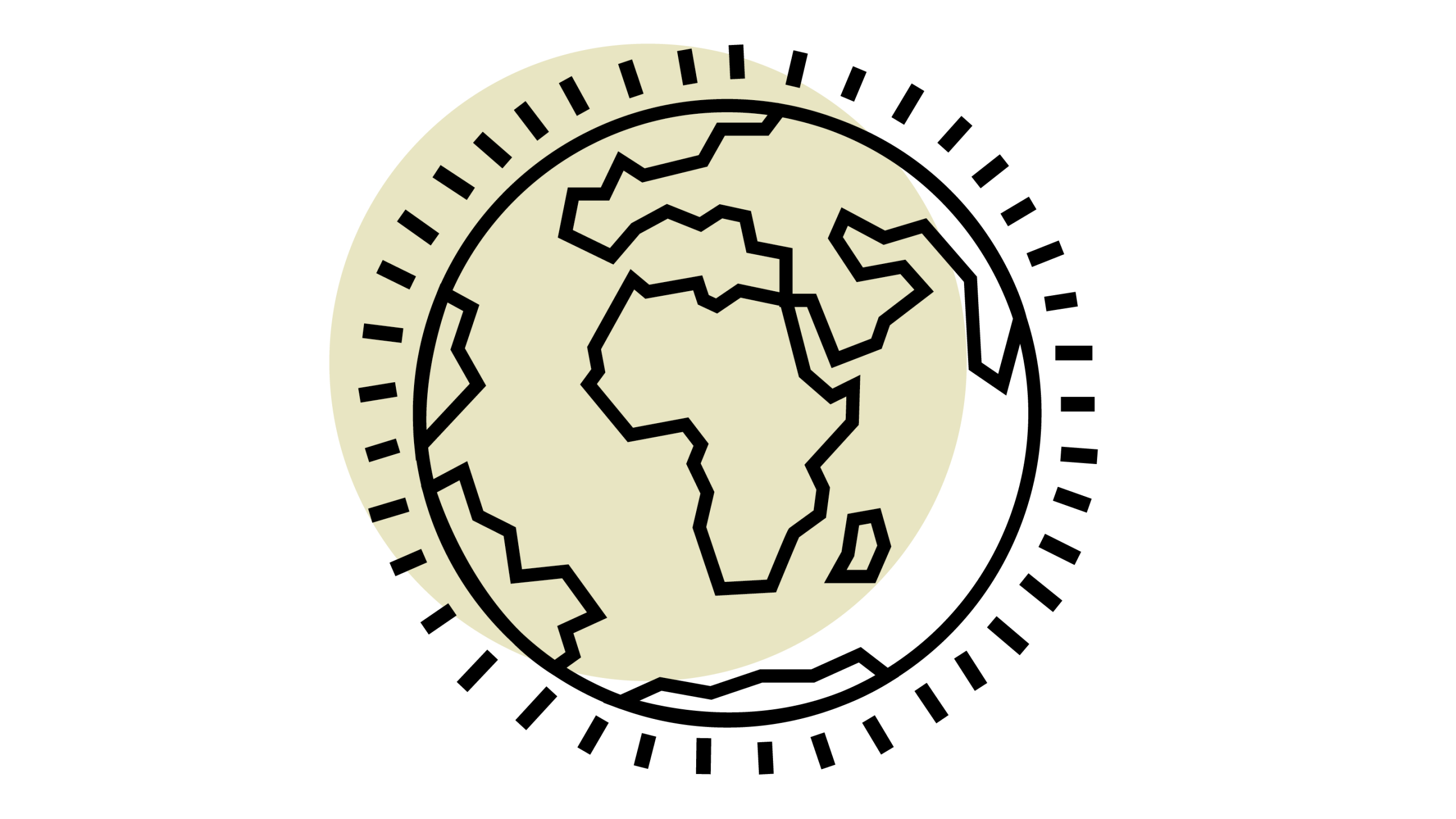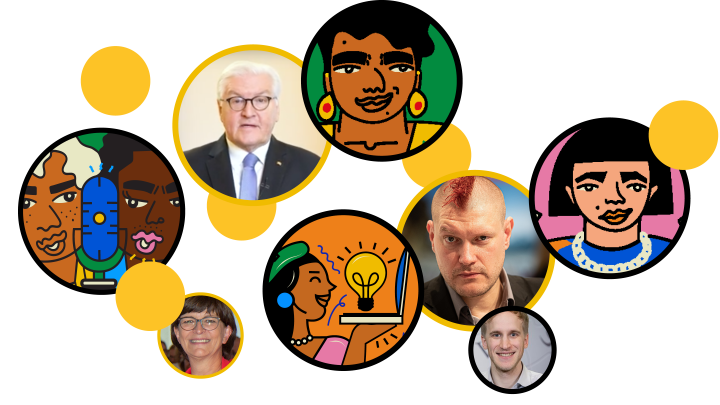“Planting trees is also greenwashing”: an interview with Lukas Mezger on Wikimedia and climate protection

Lukas Mezger, a long-time Wikipedian and outgoing Chair of the Supervisory Board of Wikimedia Deutschland, has declared climate protection to be a matter close to his heart. However, it is proving difficult for this issue to be heard.
What is Wikimedia doing to protect the climate?
The most effective lever that the Wikimedia Movement has is clearly information. In Wikipedia and its sister projects, we present the reality of man-made climate change and the status of efforts to counteract it – in all the world’s languages, at a scientific level, with comprehensible evidence, and fact-based, for example on the basis of reports by the Intergovernmental Panel on Climate Change (IPCC). The available information is coherent and kept up-to-date. There are also initiatives such as the Climate Translation Project, which ensures that articles on desertification in North Africa, for example, are also made available in the languages of North Africa.
Sounds like a success story …
It is at this point. It is primarily through the commitment of volunteers that we are reaching billions of people around the world, educating them about the pros and cons of gas, coal and nuclear power as well as about the origins of the climate crisis and the extinction of species. This means not least a success against the disinformation rampant on the Internet. Last year, for example, the British BBC published a report on how volunteers, some of them interested laypeople and others proven experts, are using reputable sources to fight climate change deniers and misinformation in the English-language Wikipedia.
How pronounced is the awareness of sustainability at the Wikimedia Foundation and its worldwide chapters themselves?
That’s something I started to ask myself in 2015 – and realized that nothing at all had been done at this point. Which was the impetus to launch a sustainability initiative, the Wikimedia Sustainability Initiative.
The point is that we all have to do our homework. Even the manufacturer of wind turbines should make sure that its factory is powered by green electricity and that its employees fly less. The same applies to the Wikimedia Foundation. True, Wikipedia doesn’t have a high energy consumption compared to video-intensive platforms like Netflix or YouTube, which shape the Internet’s carbon footprint. But we could set an example.
What other goals does the sustainability initiative have – and is it being heard?
Other goals include limiting international flights, which account for two-thirds of the CO2 emissions in the Wikiverse – something that is now happening due to the pandemic, but was previously declared impossible. And: to invest the Wikimedia Foundation’s assets in a green way, to ensure that they are not invested in oil or weapons through certain funds. As of today, 764 Wikipedians have signed my appeal to the Foundation.
The result was that the San Francisco Board of Supervisors passed a resolution in 2018 to become greener. But unfortunately, this has not had any really noticeable impact so far. However, there hasn’t been an international Wikimedia conference in the past seven years where I haven’t given a talk on the topic of climate protection.
Yet seemingly, I have not really got my message through so far.
What consequences do you draw from this?
My consequence is to shift the engagement to chapter level. In 2021, I founded a club of the willing who look out together: What can we change in our small world? This includes Wikimedia France, South Africa, Italy, the UK, the Indian state of West Bengal, and the Wikimedians of the “Tamazight User Group”, who are dedicated to the Berber languages of the North African region.
What concrete steps are the chapters taking?
We want to switch to green electricity in our offices, even if there are only three employees working there. We are advocating for a travel policy that makes flights more difficult. Wikimedia Italy is leading by example with a green investment strategy for the funds it has, even if it’s not a lot of money. Limiting offset initiatives is also part of this. That means that we don’t plant trees to offset CO2 consumption – because that’s ultimately just greenwashing, too. It’s better not to burn kerosene in the first place instead of continuing to jet around the world,planting a few trees afterwards.
To what extent can you set an example?
We show on a small scale what could also be possible on a large scale. And we keep the exchange and communication about climate protection going in order to exert indirect pressure on the Wikimedia Foundation. The point is that we are going through a transformation of society as a whole. First and foremost, politics and the large energy companies are needed. But also each and every one of us. We all have to do our part.

